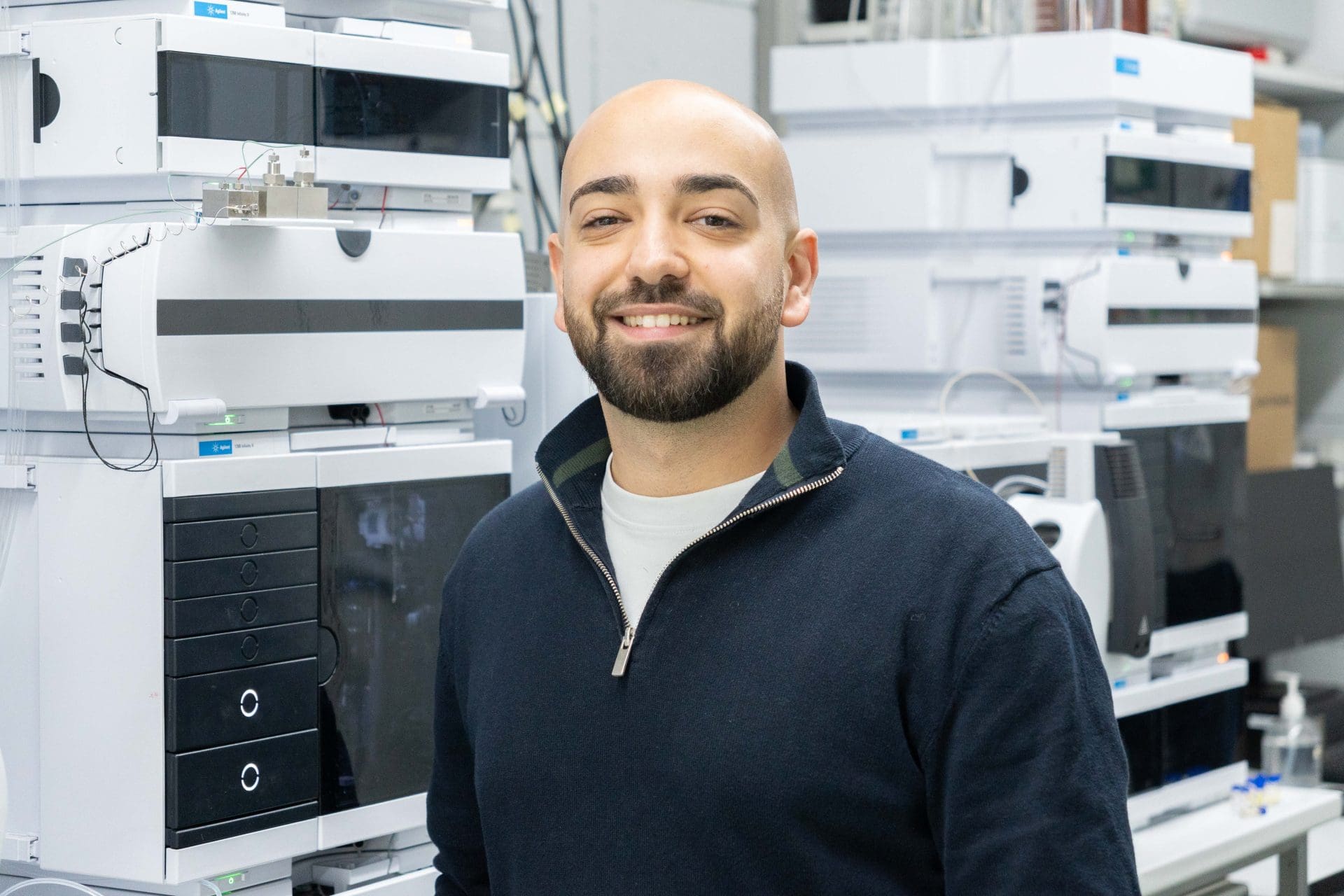
 21/02/2025
21/02/2025
 11:00 h
11:00 h
 ICIQ Auditorium Prof. Dr. Kilian Muñiz
ICIQ Auditorium Prof. Dr. Kilian Muñiz
- Lecturer: Eric Palomo Martínez
- Supervisor: Prof. Marcos García Suero
New Catalytic Generation of Donor/Acceptor Rh-Carbenes from Rh-Carbynoids
Abstract
Despite metal-carbynes, organometallic species containing a metal−carbon triple bond (M≡L), have been crucial catalysts in alkyne metathesis, their catalytic generation and broader use in carbyne transfer reactions remained largely unexplored.
Our group developed a novel strategy to circumvent this problem, which involved the catalytic generation of Rh(II)-carbynoids, species capable of mimicking carbene/carbocation behavior at the carbynoid carbon atom. We demonstrated that Rh(II)-carbynoids could undergo [2+1] cyclizations with alkenes, and alkynes, and provide transient cyclopropyl- and cyclopropenyl-I(III) species that upon departure of the hypervalent I(III) as leaving group provided allyl and cyclopropenium cations, respectively. On this examples, Rh-carbynoid transfer its carbynoid ligand containing the I(III) moiety in a catalytic fashion and that behavior can be also observed for alternative unsaturated substrates. Therefore, considering the outstanding nucleofuge ability of the hypervalent iodine(III) and high electrophilicity of the Rh-carbynoid we believe in the possibility that appropriate nucleophiles could displace the iodine(III) group and provide a new platform the catalytic generation of novel Rh(II)- carbenes.
This Doctoral Thesis presents the development of new catalytic strategies for the generation of donor/acceptor Rh-carbenes from Rh-carbynoids. First, the employment of oxygen nucleophiles allowed us to discover the first catalytic generation of transient acyloxy and alkoxy Fischer-type Rh(II)-carbenes, that upon a subsequent cyclopropanation led to cyclopropyl-fused lactones or cyclopropyl-fused tetrahydrofurans, respectively. On the other hand, Rh-carbynoids were intercepted by aromatic C–H bonds to generate aryl donor/acceptor Rh(II)-carbenes. The latter species could undergo various transformations such as site-selective aromatic C–H functionalizations or O–H insertion reactions in the presence of arenes or alcohols, respectively. This new strategy enabled the creation of complex and diverse molecular architectures by utilizing a single carbyne source while modifying the other reaction components. Leveraging this platform, the first enantioselective late-stage cyclopropylation of aromatic C–H bonds was achieved, unlocking access to a novel “cyclopropanated” chemical space in biologically active molecules. These advancements not only demonstrate the versatility of the carbyne transfer methodology but also open new opportunities in drug discovery and for the synthesis of complex natural products, offering significant potential for structural diversification.
Other events

Let's create a brighter future
Join our team to work with renowned researchers, tackle groundbreaking
projects and contribute to meaningful scientific advancements




















